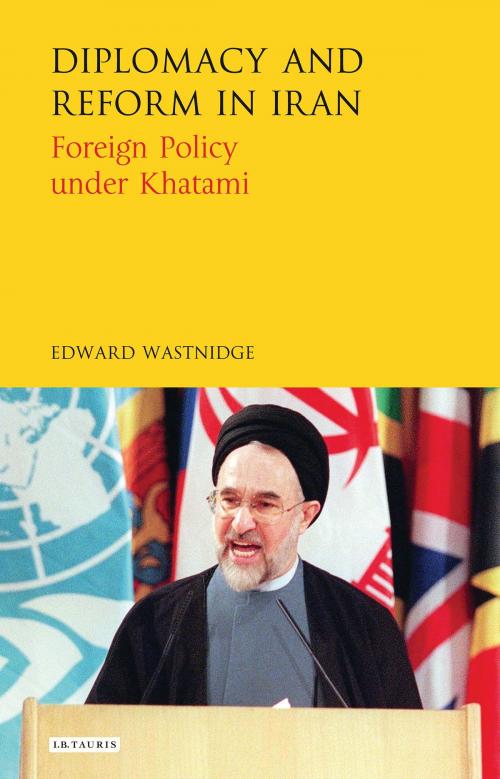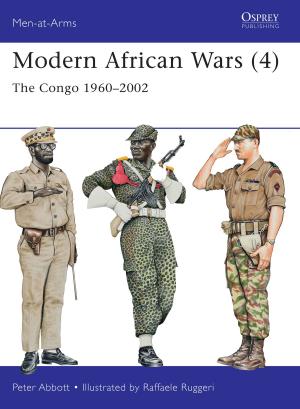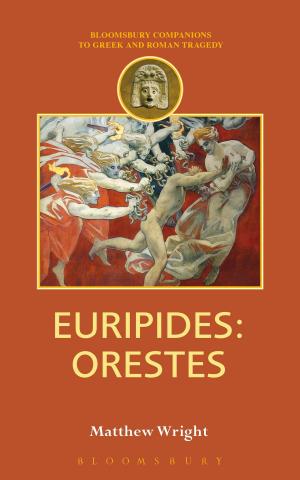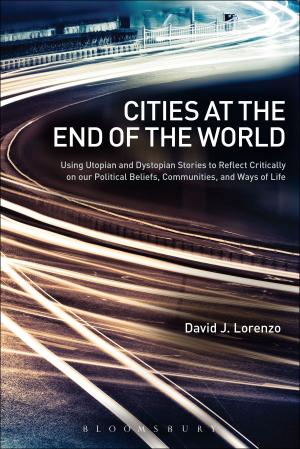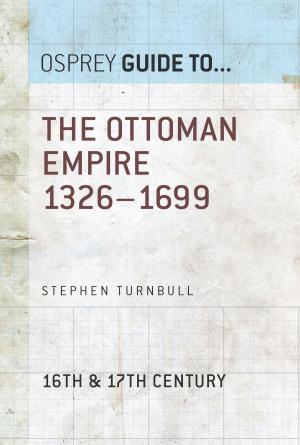Diplomacy and Reform in Iran
Foreign Policy under Khatami
Nonfiction, Social & Cultural Studies, Political Science, Social Science, History| Author: | Edward Wastnidge | ISBN: | 9781786720320 |
| Publisher: | Bloomsbury Publishing | Publication: | May 24, 2016 |
| Imprint: | I.B. Tauris | Language: | English |
| Author: | Edward Wastnidge |
| ISBN: | 9781786720320 |
| Publisher: | Bloomsbury Publishing |
| Publication: | May 24, 2016 |
| Imprint: | I.B. Tauris |
| Language: | English |
Nuclear power has for the most part dominated Western media and academic analyses concerning Iranian foreign policy in recent years. This focus, however, can be misleading, especially as regards the early presidency of Mohammad Khatami (1997–2005). In a riposte to Samuel Huntington's 'Clash of Civilisations' theory, Khatami proposed that there ought to be a 'Dialogue among Civilisations'. In this book, Edward Wastnidge examines Khatami's proposition, derived from the contemporary Iranian polymath Dariush Shayegan, not as a philosophical suggestion, but as a real foreign policy tool that enabled Khatami to make overtures towards the US. Across bi-lateral and multi-lateral examples, he explores its specific application and how it was used to create foreign policy and aid diplomacy. Furthermore, by placing the development of the idea within Iran's domestic political context, Wastnidge is also able to shed light onto the rise of the reform movement during this period. Based on extensive research, Diplomacy and Reform in Iran is a timely contribution to scholarship, and important reading for students and researchers of contemporary Iran and the complexities of Iranian foreign policy.
Nuclear power has for the most part dominated Western media and academic analyses concerning Iranian foreign policy in recent years. This focus, however, can be misleading, especially as regards the early presidency of Mohammad Khatami (1997–2005). In a riposte to Samuel Huntington's 'Clash of Civilisations' theory, Khatami proposed that there ought to be a 'Dialogue among Civilisations'. In this book, Edward Wastnidge examines Khatami's proposition, derived from the contemporary Iranian polymath Dariush Shayegan, not as a philosophical suggestion, but as a real foreign policy tool that enabled Khatami to make overtures towards the US. Across bi-lateral and multi-lateral examples, he explores its specific application and how it was used to create foreign policy and aid diplomacy. Furthermore, by placing the development of the idea within Iran's domestic political context, Wastnidge is also able to shed light onto the rise of the reform movement during this period. Based on extensive research, Diplomacy and Reform in Iran is a timely contribution to scholarship, and important reading for students and researchers of contemporary Iran and the complexities of Iranian foreign policy.
